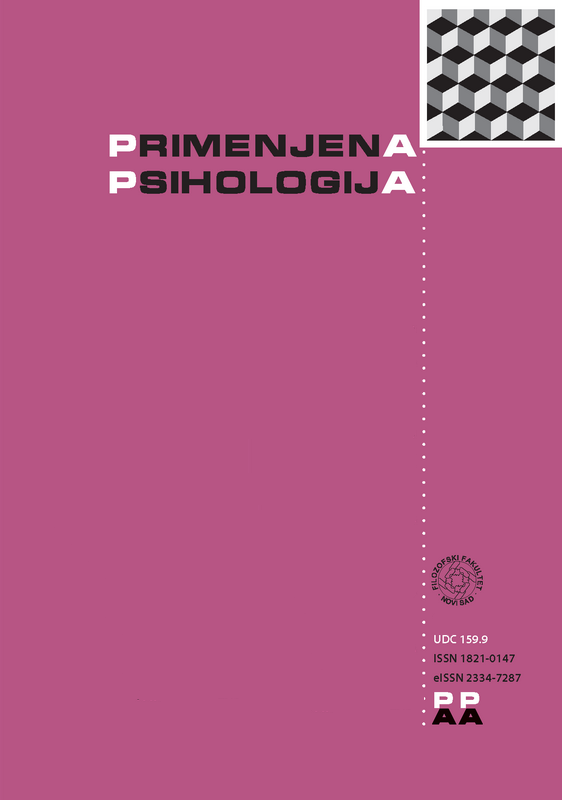Stuttering in children: a review of psychological theoretical and treatment approaches with an emphasis on the role of school environment
DOI:
https://doi.org/10.19090/pp.2015.1.47-65Keywords:
stuttering, the treatment of stuttering, psychological theoretical approach, the school environmentAbstract
This paper provides an overview of contemporary research on the psycho-social and educational characteristics of children who stutter. Research findings do not agree on the presence of anxiety, social anxiety, self-esteem, and depression in children who stutter. However, there are enough indicators to suggest that the psychological functioning of children who stutter is specific, regardless of whether some of the psychological factors are considered causes or consequences of stuttering. A literature review points that authors agree that children who stutter suffer the negative reactions from the environment, which are often present in the school context, adversely affecting their socialization. Modern literature takes into account the psycho-social context in which stuttering occurs, and this review is an attempt to justify psychological approaches to the treatment of children who stutter. The arguments that oppose the neurological view on the etiology of stuttering and direct forms of treatment aimed at improving fluency are discussed. An overview and critical discussion of indirect types of treatment that are aimed to overcome stuttering through environmental changes, which are considered to affect the occurrence of the disorder, are also provided. Contemporary concepts of treatment, which expand and enrich the traditional treatment approaches, and are in line with the social model of disability are presented. Different approaches that insist on psycho-social interventions in schools that would provide better acceptance of children with this disorder, and prevent psychopathology and academic difficulties in adulthood are outlined. Recommandation for further research of this, still insufficiently examined disorder as well as the implications for professional practice, based on the psychological approach, are provided.Downloads
Published
23.03.2015
How to Cite
Dimoski, S., & Stojković, I. (2015). Stuttering in children: a review of psychological theoretical and treatment approaches with an emphasis on the role of school environment. Primenjena Psihologija, 8(1), 47–65. https://doi.org/10.19090/pp.2015.1.47-65
Issue
Section
Regular issues







